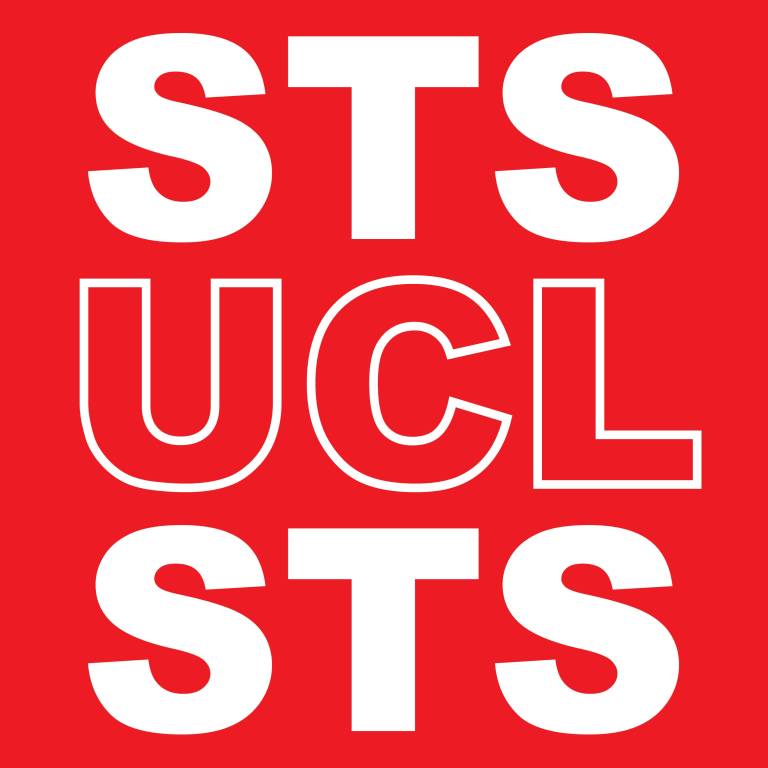Journal editorial offers unreserved support for Jenny Bulstrode's 'Black Metallurgists' paper
16 November 2023
Dr Jenny Bulstrode and her paper 'Black metallurgists and the making of the industrial revolution' fully vindicated by an editorial published in the journal History and Technology.

Following the publication of Dr Jenny Bulstrode's paper 'Black metallurgists and the making of the industrial revolution' in the journal History and Technology, there was a hostile and organised response from a small number of people.
Today, the journal has published an editorial, which fully vindicates dr Bulstrode and her paper. The editors, Amy Slaton and Tiago Saraiva, state that, after investigation, they fully support Jenny's paper and that the peer-review process that led to publication was entirely sound. The following was the opening paragraph/abstract of the editorial:
We write today to express our unreserved support for an article published in History and Technology in July 2023, ‘Black Metallurgists and the Making of the Industrial Revolution’ by Jenny Bulstrode (v. 39, n. 1). This article represents a considerable scholarly contribution to the field of History of Technology. It was published following the customary, rigorous processes of manuscript double-anonymous peer review. A post-publication review overseen by the journal’s publishers, Taylor & Francis, in response to reader concerns, confirms that the article upholds all scholarly standards. The publication of this article has been met by criticisms shared in email correspondence with the journal and also expressed in blogs and in a widely circulated paper-length response. Multiple editorials quoting those sources have also appeared in English-language mass-media outlets. We find these criticisms to be based both on factual misreadings of the article text itself and on understandings of historical interpretation that elide the historical nature of archives and evidentiary practices themselves. We demonstrate here the accuracy of Bulstrode’s historical account. We see significant claims in the criticisms as well regarding the optimized conduct of historical study in 2023, with potentially disturbing consequences for our discipline. We address all of these here.
The full editorial can be read at the following link:
We include here the abstract from Dr Bulstrode's important paper, which can be read in full on the Taylor & Francis Online website.
Metallurgy is the art and science of working metals, separating them from other substances and removing impurities. This paper is concerned with the Black metallurgists on whose art and science the intensive industries; military bases; and maritime networks of British enslaver colonialism in eighteenth-century Jamaica depended. To engage with these metallurgists on their own terms, the paper brings together oral histories and material culture with archives, newspapers, and published works. By focusing on the practices and priorities of Jamaica’s Black metallurgists, the significance and reach of their work begins to be uncovered. Between 1783 and 1784 financier turned ironmaster, Henry Cort, patented a process of rendering scrap metal into valuable bar iron. For this ‘discovery’, economic and industrial histories have lauded him as one of the revolutionary makers of the modern world. This paper shows how the myth of Henry Cort must be revised with the practices and purposes of Black metallurgists in Jamaica, who developed one of the most important innovations of the industrial revolution for their own reasons.
 Close
Close

